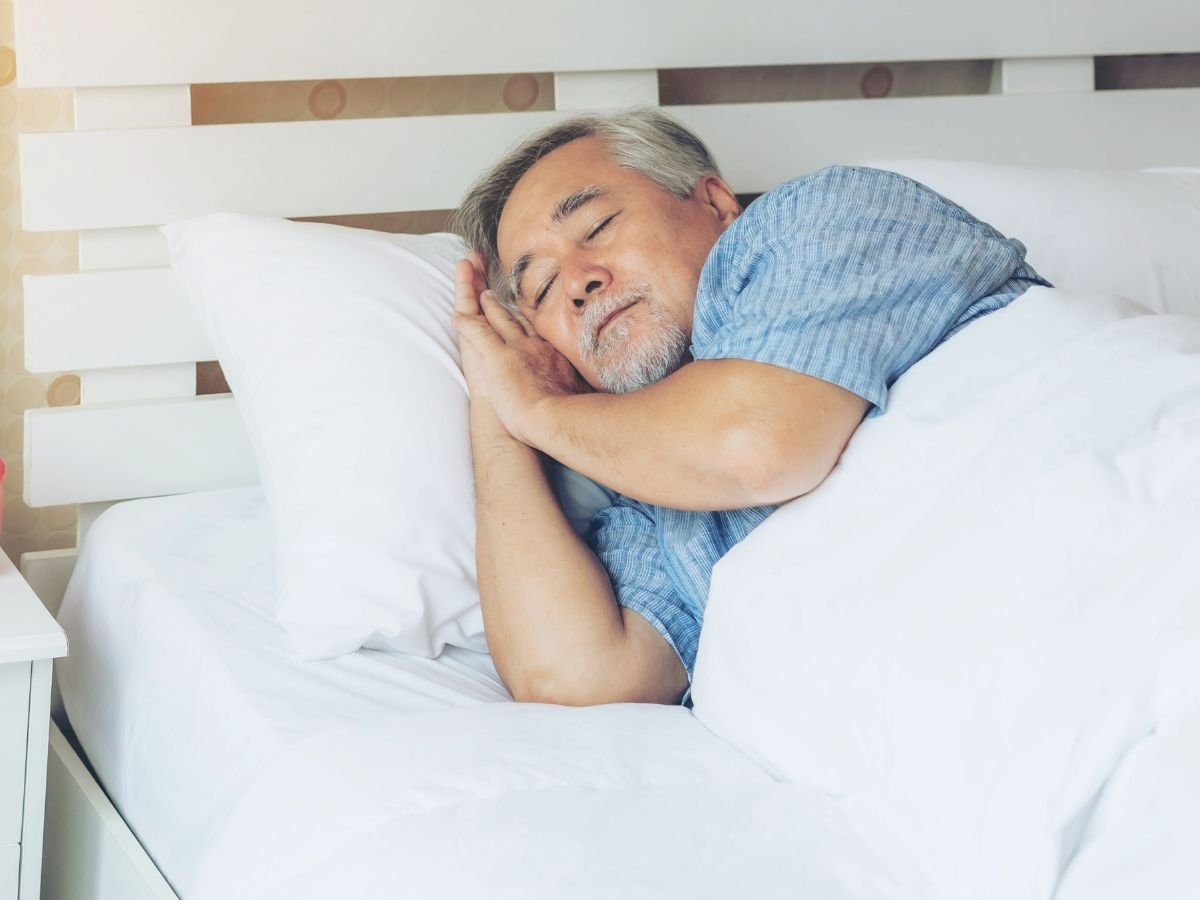
Preparing Seniors for Natural Disasters
Natural disasters can pose significant challenges for everyone, but seniors may face unique vulnerabilities during such events. Ensuring that seniors are well-prepared for emergencies is crucial for their safety and well-being. This guide provides comprehensive strategies for disaster planning for the elderly, including creating emergency kits, developing evacuation plans, and understanding the role of companion care for seniors.

Must-Have Legal Papers for Senior Citizens
Navigating the legal landscape can be complex, especially as we age. For seniors, having the proper legal documents in place is crucial for ensuring their wishes are respected and their affairs are managed smoothly, both during their lifetime and after. This guide outlines the essential legal preparations every senior should consider, including wills, power of attorney, and advanced healthcare directives.

How to Find the Best Assisted Living Facility for Seniors
Choosing the right assisted living facility for seniors is a decision that requires both careful research and personal understanding. It’s not just about finding a place that provides meals and medication management—it’s about finding a setting that feels safe, respectful, and truly supportive of a loved one’s needs, routines, and values.

Signs of Elder Abuse and How to Protect Seniors
Elder abuse is a serious and often hidden issue that affects countless seniors across all communities. As people age, they may become more dependent on others for daily care, placing them in vulnerable positions. Unfortunately, not every caregiver, family member, or institution acts with integrity.

Managing Chronic Pain in Seniors for Better Daily Living
Chronic pain is one of the most common and challenging health issues faced by older adults. It’s often invisible but deeply disruptive—interfering with sleep, movement, mental clarity, and overall quality of life. Whether caused by arthritis, neuropathy, old injuries, or other medical conditions, chronic pain in seniors is more than a discomfort; it’s a barrier to living with independence and dignity.

Understanding and Managing Common Senior Sleep Issues
Sleep is essential for physical health, mental clarity, and emotional stability at any age—but for seniors, restful sleep can become increasingly difficult to achieve. While changes in sleep patterns are a normal part of aging, persistent sleep disruptions can impact energy levels, mood, immune function, and overall quality of life.

Senior Diet and Nutrition for Healthy Aging
Aging brings many changes—some gradual, others more immediate. Among the most important to monitor is how nutritional needs evolve over time. A senior’s body processes nutrients differently, and maintaining a healthy, balanced diet can directly impact everything from energy levels and mobility to immune health and cognitive clarity.

How Can We Prevent Falls and Enhance Home Safety for Seniors?
Falls among the elderly are a significant health concern, leading to severe injuries and a decline in the quality of life. As seniors age, their mobility decreases, and their risk of falling increases, often resulting in fractures or more severe medical conditions. To counteract this, creating a safe living environment is crucial.

How Occupational Therapy Supports Stroke Recovery for Seniors
When a stroke affects your elderly parent, it can change everything—mobility, independence, confidence, and daily routines. The path to recovery is unique for every senior, but one tool that consistently plays a vital role in regaining function and independence is occupational therapy for seniors.

How to Handle Challenging Behaviors in Seniors with Dementia
Caring for a senior loved one with dementia brings a unique mix of reward and responsibility. You’re not just supporting their daily needs—you’re navigating shifting emotions, changing behaviors, and an unpredictable disease. One of the most difficult parts of dementia care is managing seniors with challenging behaviors, which can include aggression, anxiety, wandering, or confusion.

Housekeeping for Senior Care and How It Supports Aging Parents
Caring for an elderly parent goes beyond medical support—it also includes creating a clean, safe, and comfortable living environment. Light housekeeping for elderly individuals is an essential part of caregiving that helps maintain hygiene, reduces fall risks, and promotes overall well-being. When combined with companion care for seniors, a tidy home can greatly enhance their quality of life.

The Emotional and Mental Benefits of Reminiscing Activities for Seniors
Reflecting on past experiences as we age can be a powerful way to boost emotional well-being and strengthen connections with loved ones. Reminiscing activities offer seniors the opportunity to share cherished memories, relive significant moments, and reinforce their sense of identity.

How to Help with Senior Forgetfulness and Confusion
Forgetfulness is a natural part of aging, but when memory lapses become frequent or start interfering with daily life, it can be concerning for both seniors and their families. Whether it’s misplacing items, forgetting names, or struggling to recall recent conversations, senior forgetfulness and confusion can impact independence and quality of life.

How to Minimize Senior Bathroom Hazards and Improve Safety
The bathroom is one of the most hazardous areas in the home for seniors. Slippery floors, poor lighting, and hard surfaces increase the risk of falls and injuries. Minimizing health risks for seniors in the bathroom is essential for maintaining their independence and well-being. Whether your loved one lives alone or has a caregiver, creating a safer bathroom environment should be a top priority.

How Does Art Therapy Benefit Seniors with Cognitive Decline
Cognitive decline can be a challenging journey for both seniors and their families. As memory fades and daily tasks become more difficult, finding meaningful ways to engage seniors becomes increasingly important.

Essential Questions to Ask When Hiring a Homecare Service Provider
Finding the right homecare service provider for your loved one is an important decision that requires careful consideration. Whether you need assistance for a senior recovering from surgery, a loved one with dementia, or simply extra support with daily activities, asking the right questions ensures that you choose a quality in-home care in Canada that meets your family’s needs.

How Seniors Can Build and Maintain Meaningful Friendships
Friendships play a crucial role in overall well-being at any stage of life, but they become even more essential as we age. Social connections help combat loneliness, boost mental health, and improve the quality of life for seniors.

How to Balance Work, Life, and Caring for an Elderly Parent
Caring for an elderly parent while juggling work and personal responsibilities can feel like an impossible task. The emotional, physical, and mental demands of caregiving can leave you exhausted, and without the right approach, it’s easy to feel overwhelmed.

Why Seniors May Struggle with Balance and How to Improve Stability
Maintaining balance is essential for senior mobility and independence, yet many older adults find themselves struggling with stability as they age. Loss of balance can lead to falls, which are one of the leading causes of injury among seniors.

10 Engaging Activities to Keep Seniors Mentally Stimulated
Keeping seniors mentally engaged is just as important as maintaining physical health. As we age, cognitive stimulation plays a crucial role in maintaining memory, focus, and overall well-being.

